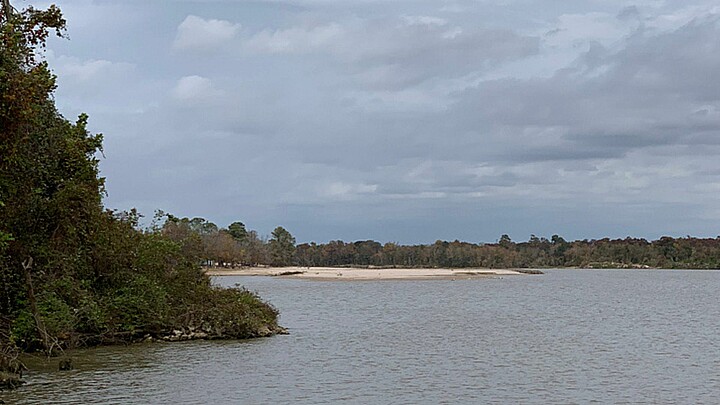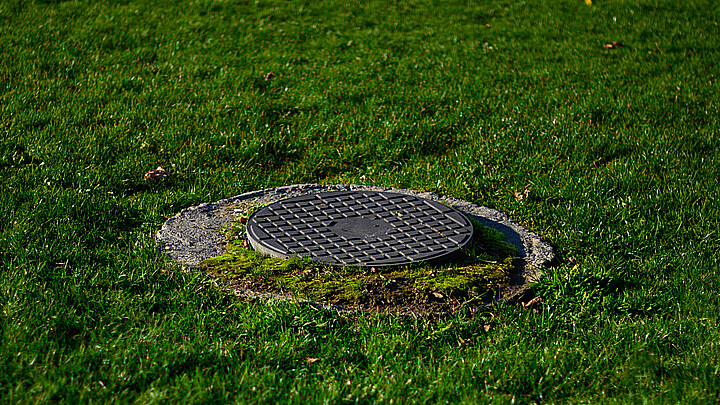Trending
Half-ton meteor crashed into South Texas, NASA says
The nearly 1,000-pound meteor broke apart as it fell through the atmosphere before landing near McAllen, Texas

February 20, 2023 6:59pm
Updated: February 20, 2023 7:39pm
NASA confirmed that a half-ton meteor measuring 2 feet wide crashed into South Texas on Wednesday.
The nearly 1,000-pound meteor broke apart as it fell through the atmosphere before landing near McAllen, Texas at about 6 p.m. on February 15.
"Although meteorites tend to hit Earth’s atmosphere at high speeds, they slow as they travel through the atmosphere, breaking into small fragments before hitting the ground. Meteorites cool rapidly and generally are not a risk to the public," NASA said in a statement.
The U.S. space agency added that there haven’t been any reports of injuries or damages to properties caused by the falling star. However, according to experts fragments of the rock “did reach the ground” based on their analysis of radars.
Multiple people reported seeing the meteor in the sky close to McAllen, according to the National Weather Service in Brownsville/Rio Grande Valley.
So now that I know a #meteor passed through Texas, I have a somewhat better view from yesterday evening in Rowlett, Tx! I had said it was a #ufo 😅 pic.twitter.com/6Wtpp7m31K
— Madeline (@Madi_cakesss) February 18, 2023
A meteor fell in Mission, Texas today around 5-5:30 pm, making a loud bang, shaking house in a 10 mile radius.
— Daniel Vitor (@DanVitorPH) February 16, 2023
This was filmed over McAllen. 6 miles from Mission. pic.twitter.com/PBLZC3RJfw
Two airplanes flying in the area also reported seeing the meteor in the sky, according to Hidalgo County Sheriff Eddie Guerra.
"The meteor seen in the skies above McAllen is a reminder of the need for NASA and other organizations to increase our understanding and protection of Earth, to combine scientific and engineering expertise to advance human space exploration, to integrate terrestrial and planetary research for furthering our understanding of the solar system, and to promote successful space missions by mitigating risk," NASA said.










